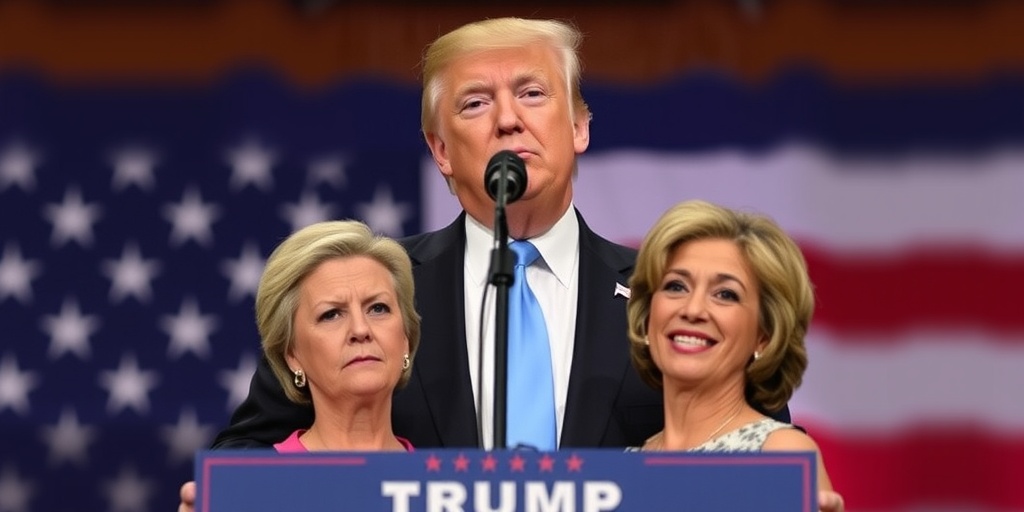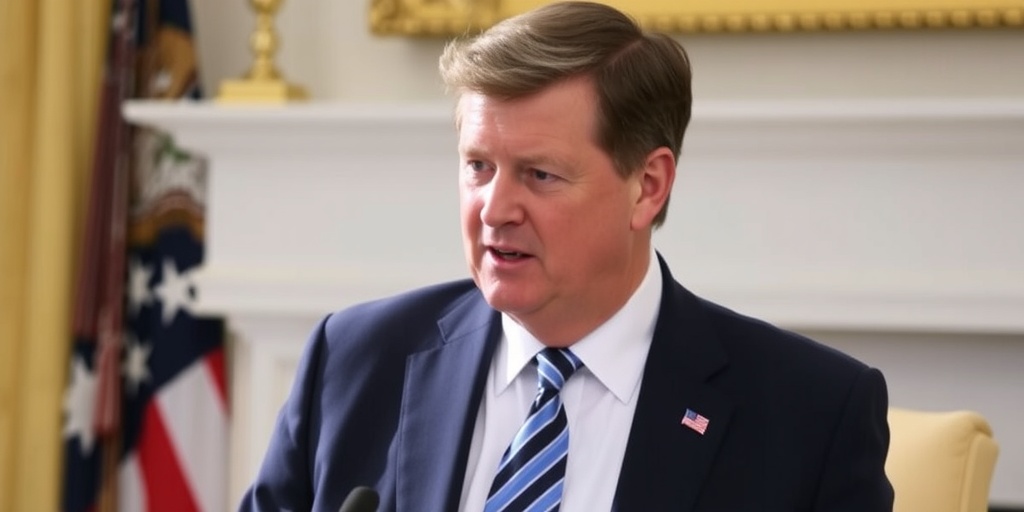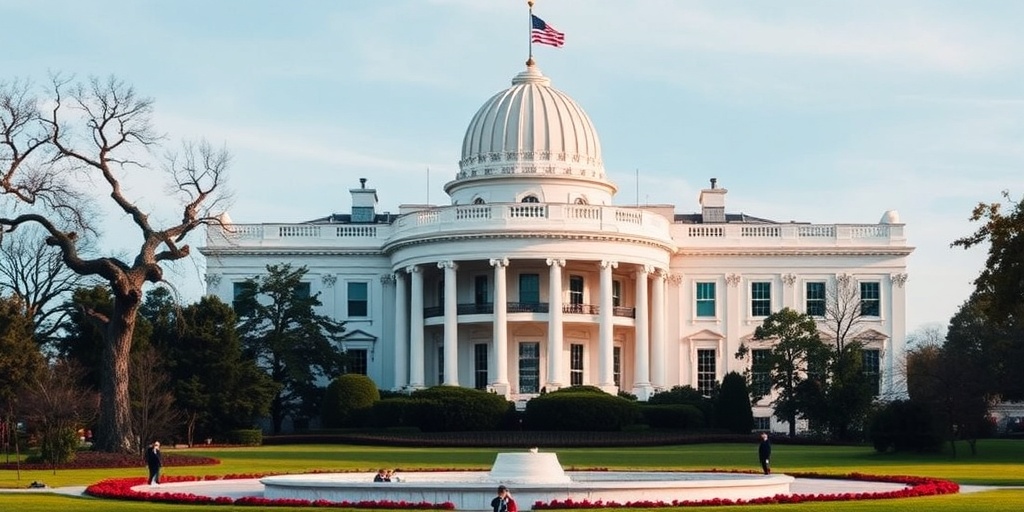Now Reading: Democrats Turn Trump’s Allies into Adversaries
-
01
Democrats Turn Trump’s Allies into Adversaries
Democrats Turn Trump’s Allies into Adversaries

Title: Democrats Shift Focus: Targeting Billionaires as Trump’s Inauguration Approaches
As Washington gears up for the imminent second inauguration of Donald Trump, a palpable sense of concern envelops the Democratic Party. With Democrats effectively locked out of power, they find themselves grappling with a pressing predicament: Trump’s strength and popularity seem to only increase, rendering the party a minority, and with it, their influence.
However, amidst this landscape of uncertainty, some Democratic leaders are beginning to see potential in adopting a new strategy. Rather than directly confronting Trump, they are now looking to address his affluent allies, with a particular emphasis on the world’s wealthiest individuals. Among those in their sights is Elon Musk, the richest man globally, who is anticipated to announce his so-called Department of Government Efficiency from within the White House complex.
Democratic strategists are bracing for what they believe could be a significant opportunity — effectively highlighting the connections between Trump and his billionaire backers, particularly as Musk, Mark Zuckerberg, and Jeff Bezos are expected to be prominently visible during the inauguration.
Representative Katherine Clark of Massachusetts, the second-ranking House Democrat, articulated this sentiment: “We approach this administration and the 13 billionaires they include in their cabinet with the question, ‘Are you going to serve the American people?’” She emphasizes the importance of framing the discussion around whether these billionaires will prioritize the needs of ordinary citizens or focus on enriching themselves.
This new approach comes in the wake of a farewell address from President Biden, wherein he warned of the perils posed by an emerging “oligarchy” and a formidable “tech-industrial complex.” These remarks appear to have resonated with a party keen on reconnecting with the working-class voters who have increasingly gravitated toward Trump.
Yet, this strategy isn’t without its pitfalls, especially given the high favorability ratings enjoyed by some billionaires. For instance, Musk may elicit mixed sentiments; perceived as a modern-day villain by some, he remains an admired figure akin to Tony Stark for many others. Republican National Committee Chairman Michael Whatley remarked that Musk’s involvement with Trump is “an absolute value add,” indicating the complexity of the narrative surrounding billionaires in politics.
The Democratic Party’s strategy marks a significant pivot from the era of former President Obama, during which party leaders hesitated to vilify wealthy individuals, choosing instead to seek common ground. Now, some Democrats are eager to challenge billionaires like Musk, claiming that their influence often undermines average Americans. At a recent forum for candidates vying for the position of chairman of the Democratic National Committee (DNC), one prominent candidate declared his intention not to accept donations from Musk.
This brewing hostility toward billionaires is evident as Democrats underscore how Musk’s recent political interventions appear to confer upon him an undue measure of influence over national policymaking. For example, after Musk criticized a spending deal late last year, there were claims of him acting as an “unelected co-president.” Progressives like Senator Elizabeth Warren have since highlighted the potential conflicts of interest faced by Musk and his billionaire peers.
“It’s vital to connect the dots between the actions of Big Tech billionaires in a Trump administration and their impact on everyday Americans,” Warren stated, cautioning that tax breaks for the wealthy could detract from Congress’s ability to lower essential costs such as childcare and housing.
Despite this emerging focus on billionaires, opinions within the party vary. Some strategists express skepticism about targeting Musk, given his prior support for Biden in the 2020 election and his recent financial backing of Trump’s re-election bid. Some Democrats are wary of a strategy that could backfire, especially considering Musk’s popularity, particularly among younger demographics.
Representative Chris Deluzio from Pennsylvania suggests the need for a broad focus on systemic issues rather than personalizing the critique. “I don’t think the problem is any one really rich and powerful guy, in this case, Mr. Musk,” he noted, proposing that the emphasis should be on how wealth translates into political power rather than solely targeting individual billionaires.
The complexities surrounding this emerging battle will play out over the next two years as Democrats strive to recalibrate their message. With various factions within the party holding divergent views on the most effective strategy, it remains uncertain how they will address the pressing challenges that come with their current minority status.
As the party grapples with the identity of its opposition and recalibrates its strategies, the central question remains: will targeting the so-called oligarchs in the Trump administration provide the electoral advantage Democrats desperately need, or will it alienate potential supporters? The answers to these questions will ultimately shape the party’s narrative and influence as they prepare for a turbulent political landscape ahead.
Stay Informed With the Latest & Most Important News
Previous Post
Next Post
-
 01New technology breakthrough has everyone talking right now
01New technology breakthrough has everyone talking right now -
 02Unbelievable life hack everyone needs to try today
02Unbelievable life hack everyone needs to try today -
 03Fascinating discovery found buried deep beneath the ocean
03Fascinating discovery found buried deep beneath the ocean -
 04Man invents genius device that solves everyday problems
04Man invents genius device that solves everyday problems -
 05Shocking discovery that changes what we know forever
05Shocking discovery that changes what we know forever -
 06Internet goes wild over celebrity’s unexpected fashion choice
06Internet goes wild over celebrity’s unexpected fashion choice -
 07Rare animal sighting stuns scientists and wildlife lovers
07Rare animal sighting stuns scientists and wildlife lovers





















